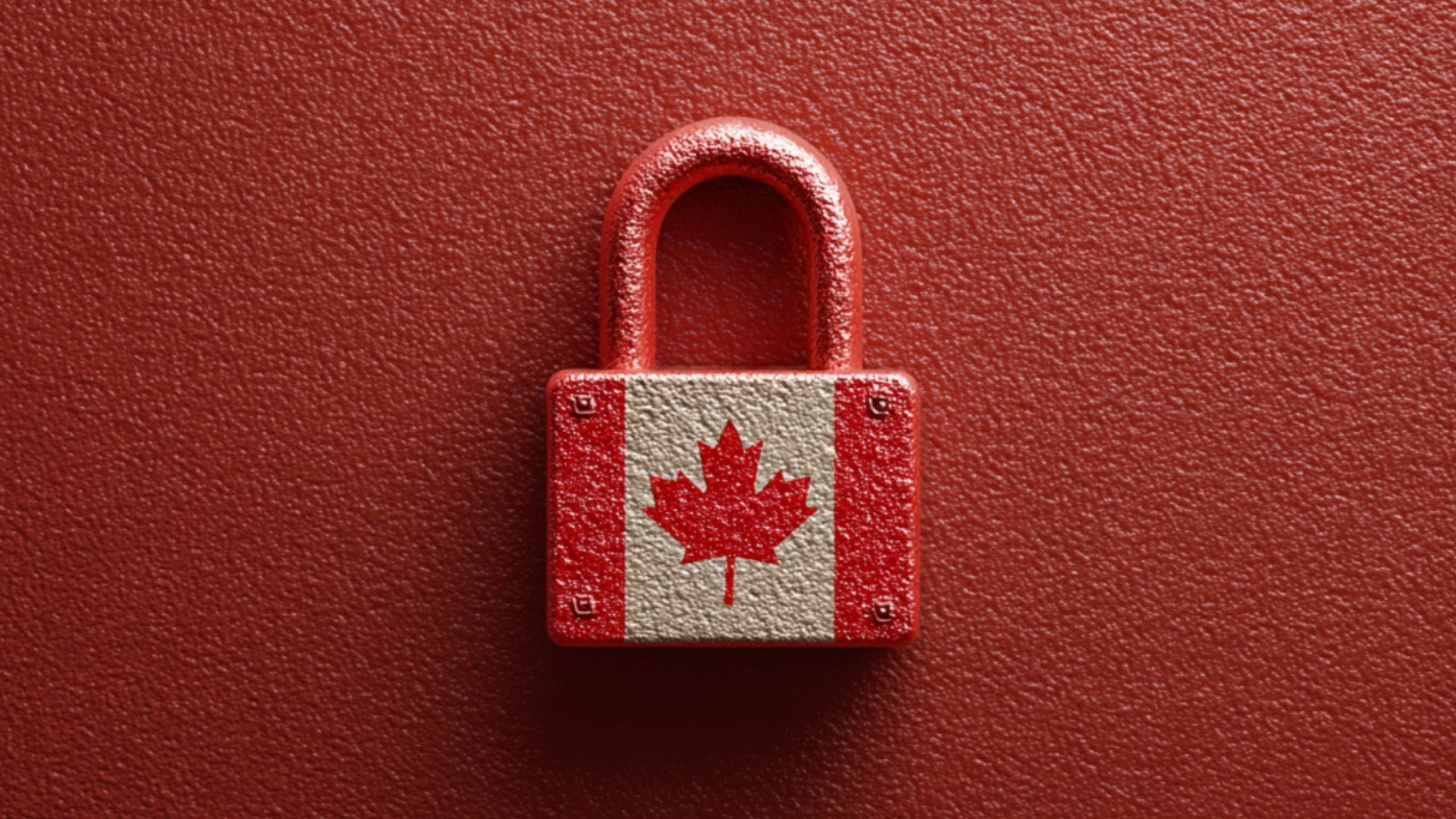Legislation that would allow federal ministers to secretly order telecom providers to cut off a Canadian’s phone or internet access is advancing without any input from the country’s top privacy authority.
Privacy Commissioner Philippe Dufresne told a Commons committee that his office was never asked to review Bill C-8 before it was introduced.
The bill would authorize the cabinet to compel telecom companies to block services to individuals considered a security threat, without needing a judge’s approval or any public disclosure.
“The issue never came up,” Dufresne said during testimony before the House of Commons ethics committee. He confirmed, “We are not consulted on specific pieces of legislation before they are tabled.”
Bill C-8 would allow the federal cabinet to direct a telecom provider to deny all services to a specific person, based solely on the government’s assessment of a threat. No warrant would be required. No independent body would be tasked with reviewing the decision.
Conservative MP Michael Barrett raised an alarm over what he described as a dangerous overreach. He said the bill would allow the government to quietly seize control of individuals’ communications, with no transparency and no legal checks.
“Without meaningful limits, bills like C-8 can hand the government secret powers over Canadians’ communications,” said Barrett. “It’s a serious setback for privacy and for democracy.”
He pressed Dufresne on whether Parliament should be required to conduct privacy assessments before passing legislation with such broad surveillance potential.
“Isn’t Parliament simply being asked to grant sweeping powers of surveillance to the government without a formal review?” Barrett asked.
Dufresne responded, “It’s not a legal obligation under the Privacy Act.”
While acknowledging the importance of national security, Dufresne warned that such measures must not override core privacy protections. “We need to make sure that by protecting national security, we are not doing so at the expense of privacy,” he said.
A previous version of the idea, Bill C-26, failed in an earlier Parliament after concerns over its civil liberties implications.










